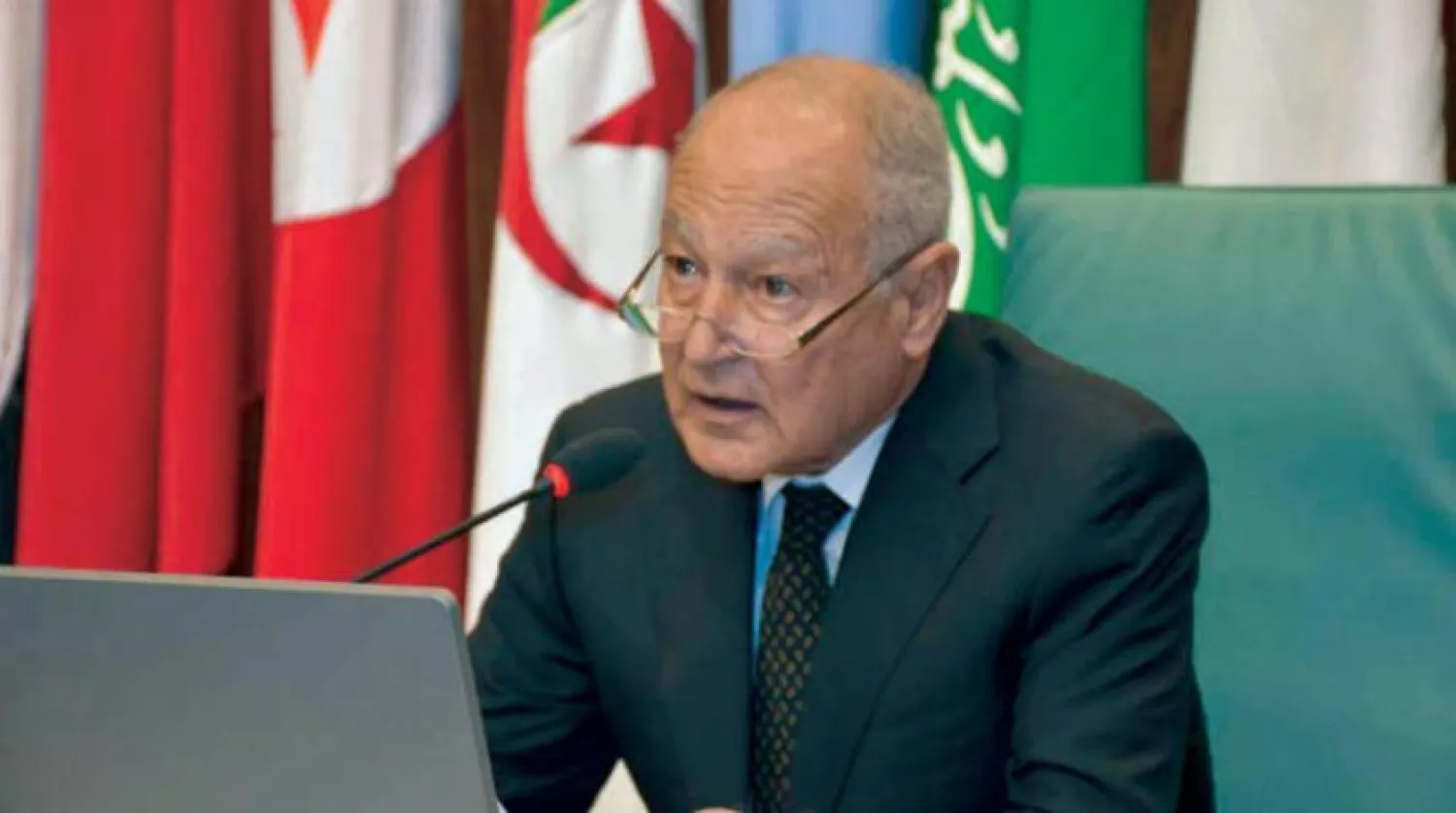Arab League Secretary-General Ahmed Aboul Gheit on Thursday stressed the importance of achieving a national consensus in Libya.
He expressed concern that the recent developments in the country could lead to "a state of polarization".
"Libya's political leaders should work on achieving national consensus and set aside any narrow interests," Aboul Gheit said in a statement.
A comprehensive political agreement that ensures national elections aimed at restoring the legitimacy of state institutions is the only way to end the long transitional period and head toward stability, development, and construction, he added.
At the same time, he underlined the need to safeguard the stability Libya has been experiencing since the ceasefire agreement was signed.
The hope is to reach a national position that is in line with the path to support a political process and implement international and regional pledges, especially those made at both Berlin conferences, he added.
The Arab League backs all sincere efforts to maintain the stability of Libya with no foreign intervention, Aboul Gheit stressed.
Furthermore, he noted the importance of limiting arms to the official authority alone in the country, unifying the military, security, and economic institutions, and fully supporting any authority in Libya that puts these goals into practice.









